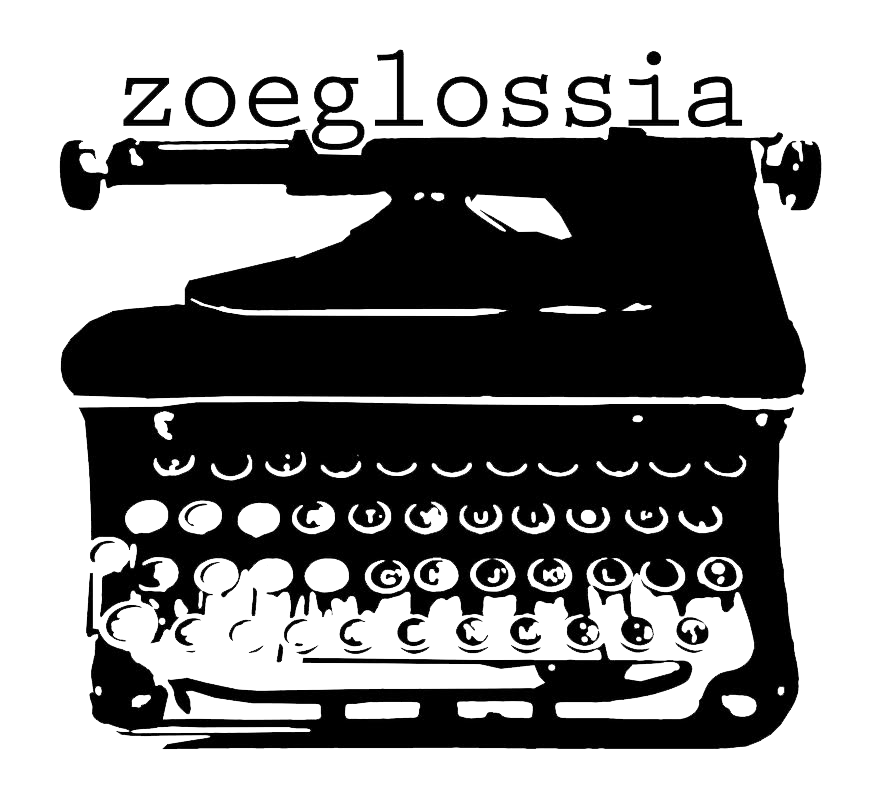June 2022
Zoeglossia Poem of the Week Series: Disabilities, Queered
Curated by Raymond Luczak
What does it mean to queer our own disabilities?
When we are diagnosed as disabled, we are often reminded by those who are able-bodied how they wouldn’t want to live with the bodies we are given. It’s hardly surprising that we don’t feel desirable as a result. Not just socially, but also romantically and sexually. We end up being far critical of our own bodies. We fall into the rabbit hole of feeling crappy.
And then when we realize that we are indeed outside the box of heterosexuality, it becomes harder to be openly what we are. The spectrum of sexual orientation (other than heterosexuality, of course) has historically been treated as inferior.
At the risk of making a generalization about both communities (queer and disabled), I must note that the parallels between queerness and disability have been striking.
Anyone in any community can be queer. Anyone in any community can be (or become) disabled.
Almost no one wants queer children. Almost no one wants disabled children.
In order to change that paradigm, we who are queer and disabled need to show that we are indeed flawed human beings blessed with physical desire. The time for shame about our own imperfect bodies has long passed.
For this year’s Pride Month offerings, I’ve chosen to feature queer disabled poets who’ve never appeared on Zoeglossia’s Poem of the Week.
Although it doesn’t address queer sexuality directly, Kris Ringman’s poem “West Bond” does explore the sensual physicality of being.
Arthur Durkee’s “eros eros eros” is more graphic, and honest, about the fear of being sexually rejected because of their own disability.
And for my own poem “Antibiotics,” I thought it’d be fun to take on the cliches surrounding illness and flip them a bit with a wink toward desire.
